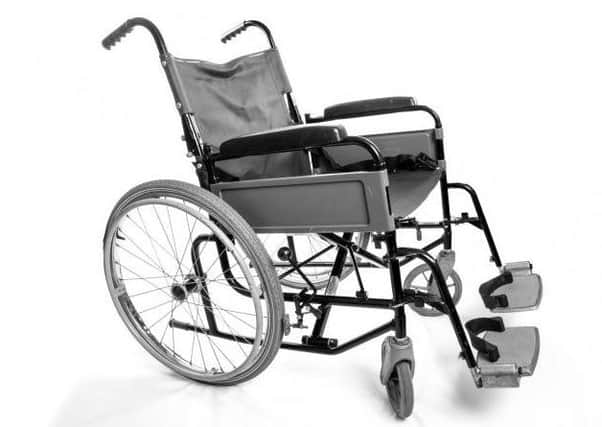Who decides what a life is worth? Not the weak and defenceless – Calum MacKellar


The claim that certain human lives do not matter or that they have less value and worth than others is now increasingly being accepted in society. Thus, it is suggested that if a life does not reach a certain minimum quality threshold or deemed worthwhile then it should not be brought into existence or should be ended. For example, UK legislation has already agreed that the lives of some children are so terrible because of unavoidable suffering that they should not exist. Indeed, this is the main ideology behind the reproductive selection procedures taking place right now with embryos and foetuses affected by disability. In England and Wales, 656 prenatal children with Down’s syndrome and 17 with cleft lip or cleft palate were aborted in 2019 alone. Such a way of thinking, however, is not new. It resonates with the views which became popular at the beginning of the 20th century, especially in countries such as Germany, where many accepted the concept of a ‘life unworthy of life’. This first appeared in the title of a 1920 book by psychiatrist Alfred Hoche and lawyer Karl Binding entitled ‘llowing the Destruction of Life Unworthy of Life. As a result, making sure only certain people with quality lives are born through eugenics (good birth in Greek) as well as accepting that certain people with inferior or meaningless lives should die through euthanasia (good death in Greek) became increasingly acceptable.
At first, it was never questioned how such a ‘benevolent’ view would affect society in general. It was only with the passing of time that its brutal and barbaric consequences were revealed. Indeed, since it was agreed, in principle, that some lives did not have any value or worth, it was seen as acceptable to terminate these lives even after birth. This was because it was assumed that such an act could not be considered as murder since these lives were not those of persons. For example, one of the leading American medical ethicists, Joseph Fletcher (1905–91), who was ordained as an Episcopal Christian priest but later identified himself as an atheist, was arguing in 1968 that: “People . . . have no reason to feel guilty about putting a Down’s syndrome baby away, whether it’s ‘put away’ in the sense of hidden in a sanitarium or in a more responsible lethal sense. It is sad; yes. Dreadful. But it carries no guilt. True guilt arises only from an offence against a person, and a Down’s is not a person.”
Advertisement
Hide AdAdvertisement
Hide AdMoreover, if it is possible to evaluate whether a life is unworthy of life, it is also necessary to be able to grade every life in society based on its quality and the amount of pleasure it brings. But this then means that every person’s life becomes unequal in worth since those, for example, who are vulnerable and suffering may be seen as having less value. It may even imply that only the young, intelligent, successful, beautiful, strong and the happy may be considered as having a right to enjoy their lives.
If this happened, however, a civilised society where everyone is equal in worth could not survive. The lives of the frail, the weak and those who believe they have a meaningless existence may then be considered of poor-value or substandard and not something that should concern society to any degree. They may even be seen as a burden to society and deserving to be ‘put away’ in ‘compassion’ in order to ‘cleanse’ society of suffering. Of course, it may be argued that nothing should be done without respecting the autonomy of the individuals in question. But why should anyone care about the wishes of living human beings who have no worth? It is easy to see how such a conclusion can lead to the physical and psychological abuse and mistreatment of the most vulnerable.
It is also possible to ask who will decide about the worth of a life. It will certainly not be the weak and the defenceless. Instead, it is likely to be the strong and successful and those who may be in power. And this is already happening in the promotion of selective reproduction and euthanasia in parliament where it is necessary to believe in the principle that the value or worth of some human lives is of inferior quality or even meaningless.
The only way to resist the dangerous and outspoken proposal that the worth of a life is merely based on its potential for enjoyment (which is increasingly influencing society) is to continue to believe in genuine compassion, solidarity and the absolute equality of all. Perception and humility also require a rejection of the assumption that past barbarities at the beginning of the 20th century ‘cannot happen here’, ‘cannot happen again’ or ‘cannot happen to us’.
Calum MacKellar, Director of Research of the Scottish Council on Human Bioethics
Comments
Want to join the conversation? Please or to comment on this article.